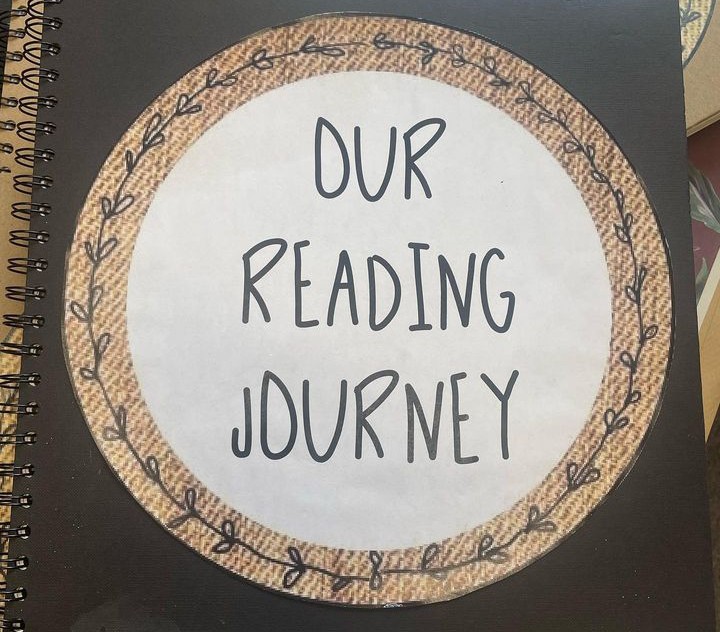Reading is not the most populous form of leisure among the young generations. Most prefer listening to music, going to clubs, the gym, or watching movies. However, you will find two or three bibliophiles holding a novel or a book in public and social places. They immediately attract attention more than the ones holding a mac-book. Reading in Kenyan culture has been associated with the elite. It is regarded to be for the esoteric who were bookworms during their schooldays. Bibliophiles are considered highbrows and thus respected. People are usually intrigued when they visit a reader and find a home bookshop. They somehow feel obligated to justify why they don’t read. They blame their disinterest in books on having a short concentration span and even argue how somniferous books are. Bibliophiles on the other hand juggle multiple books at a time. They learn about different topics and diverse cultures which enables them to hold richer conversations than the non-readers. Eloquence in speech comes as a result of having a wider diction.
Virtual book clubs promote a reading culture. Whatsapp groups exist from where members choose the book of the month then they read simultaneously and afterward review the book. From time to time, they discuss trending topics. Their opinions are often better informed and with deeper insight than those of the nonreaders. These clubs are also a platform to exchange books, especially softcopies in PDF and epub formats. Some of the members within close proximity occasionally meet physically and network. We ought to create more groups like this to enhance the reading culture. On the streets of Nairobi, one finds thrift books lined up by booksellers. The affordable ones are often those of western origin since they are readily available. African literature is often found in bookshops hence more pricey compared to those of British or American authors. Some book clubs discourage sharing Kenyan literature via soft copies to promote Kenyan authors and safeguard their copyright. Hardcopies have an organic and better feel than softcopies. They also cause less damage to the eyes since no screens emit blue light as is the case for softcopies. Softcopies are nonetheless easily dispensable and convenient to carry along as they can be read from smartphones, ipads, and kindles. Some of them even come in audio form hence easy to follow while handling simple tasks. This era of technology is very resourceful and it should be fully maximixed. While following through threads of posts on social media which majorly revolve around entertainment and buzz, Kenyans can equally read e-newspapers and e-magazines. The latter have more informative and enlightening content. Hardcopies of novels and books make it easy to start conversations since people are always curious to know book titles thus promoting socialization. Iconic public figures like Barack Obama and Oprah Winfrey showcased their best reads of last year. Reading is for these reasons a very healthy culture that should be instilled and molded more so in children before they become addicted to video games. Books have no shelf life therefore let us read and pass them on.
